 |
| March 16, 2020 |
Dear Reader,
As the number of COVID-19 infections continue to rise and resources become limited, health care providers will likely have to make tough ethical decisions. For example, if the number of patients who need a ventilator exceeds the number of actual ventilators available in the hospital, which patients should be prioritized? And who will decide? Our main story offers guidance for when such questions arise. Next up, scientists and health experts are increasingly experiencing online harassment. In his column, clinical psychologist Jonathan N. Stea explains the motivations behind these attacks—an erosion of confidence and truth in scientific authority. Lastly, gender biases profoundly influence diagnoses and treatments and therefore health outcomes. Doctors often fail to diagnose stereotypical "male" conditions in women, and vice versa. These problems arise from a serious gap in our understanding of sex differences. |
| | Sunya Bhutta, Senior Editor, Audience Engagement
@sunyaaa | |
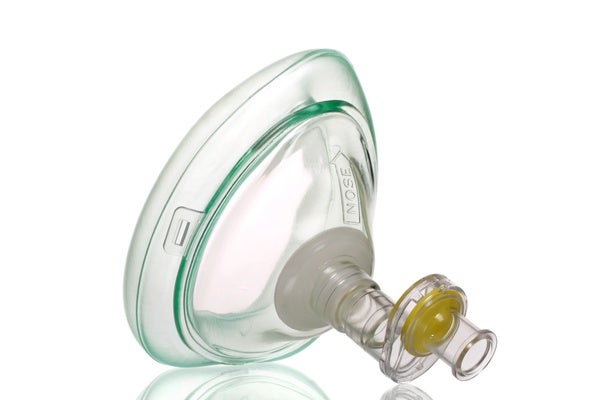 |
| |
| |
| |
| |
| |
| |
FROM THE STORE
 | | | |
| |
FROM THE ARCHIVE
 | | | |
| QUOTE OF THE DAY
 "There exists a well-known disconnect for many reasons between public opinion and the scientific consensus on scientific topics...As a result, we have witnessed a breakdown of trust between the general public and conventional sources of health information." Jonathan N. Stea, Clinical Psychologist | |
LATEST ISSUES
 |
| |
| Questions? Comments?  | |
| Download the Scientific American App |
| |
| |





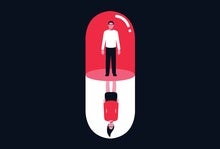


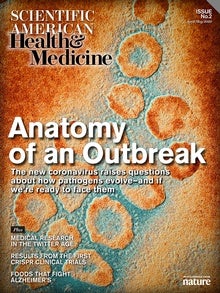


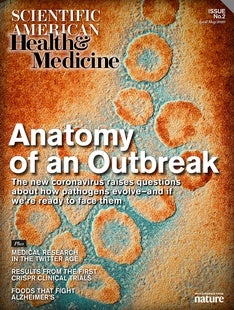

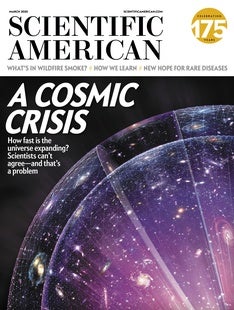
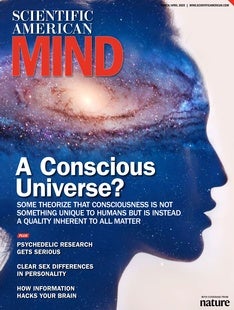
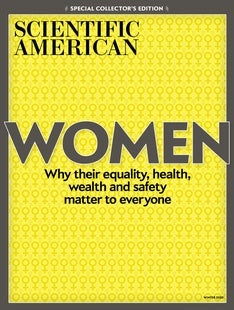



Comments
Post a Comment